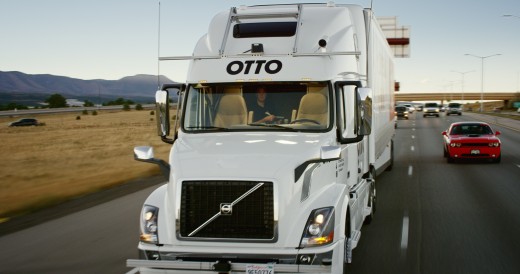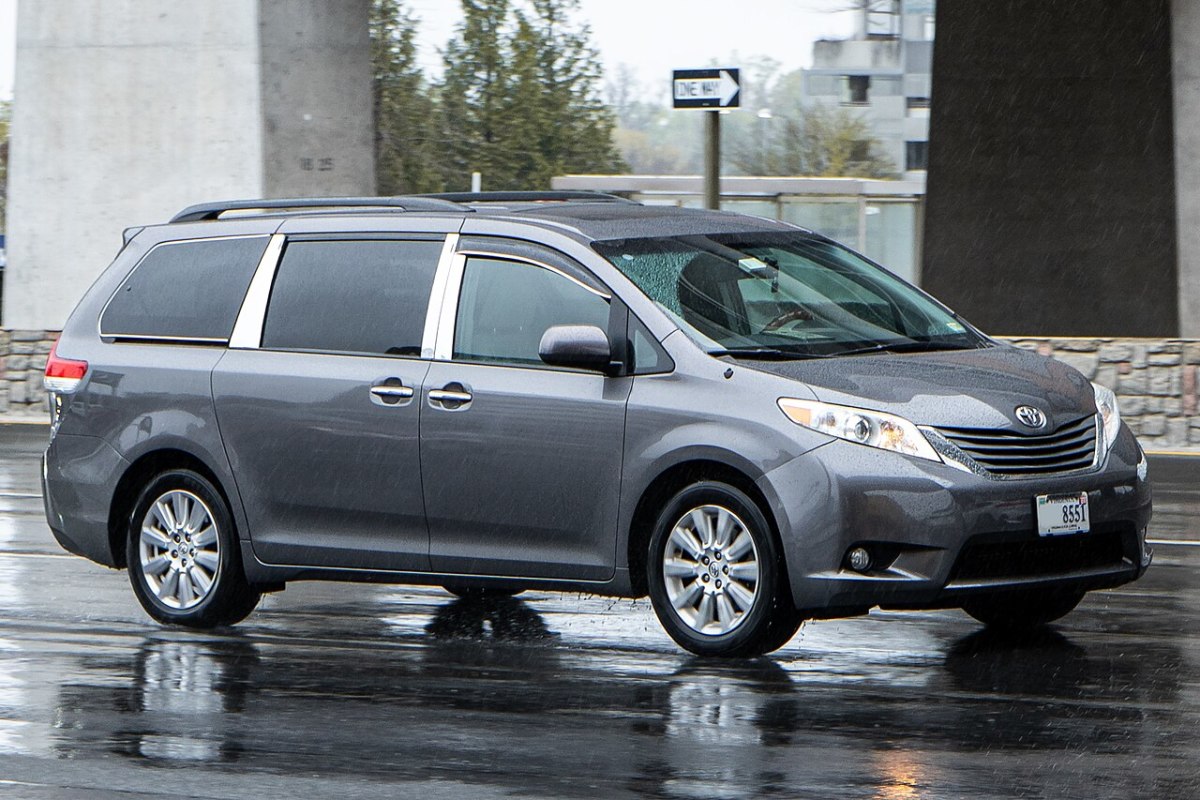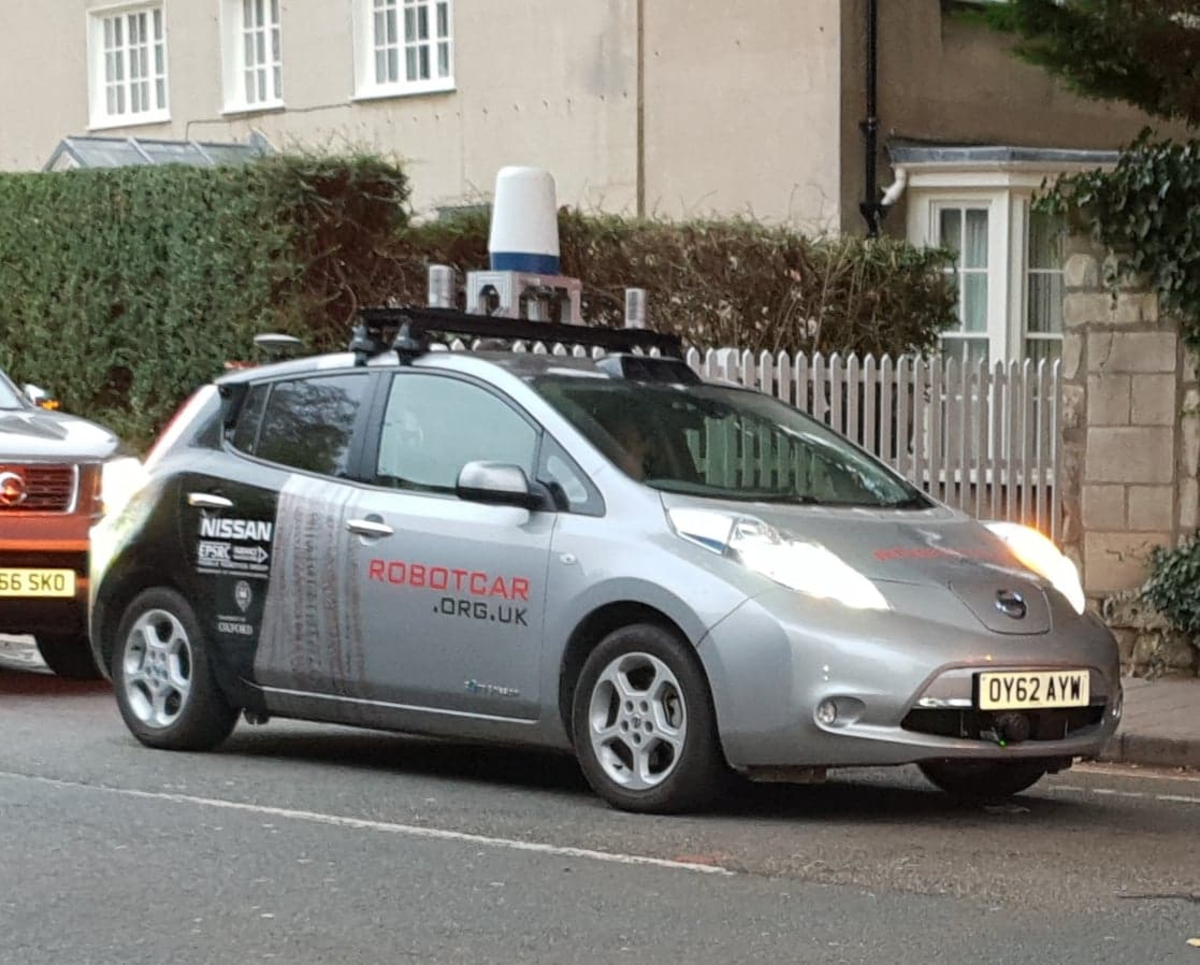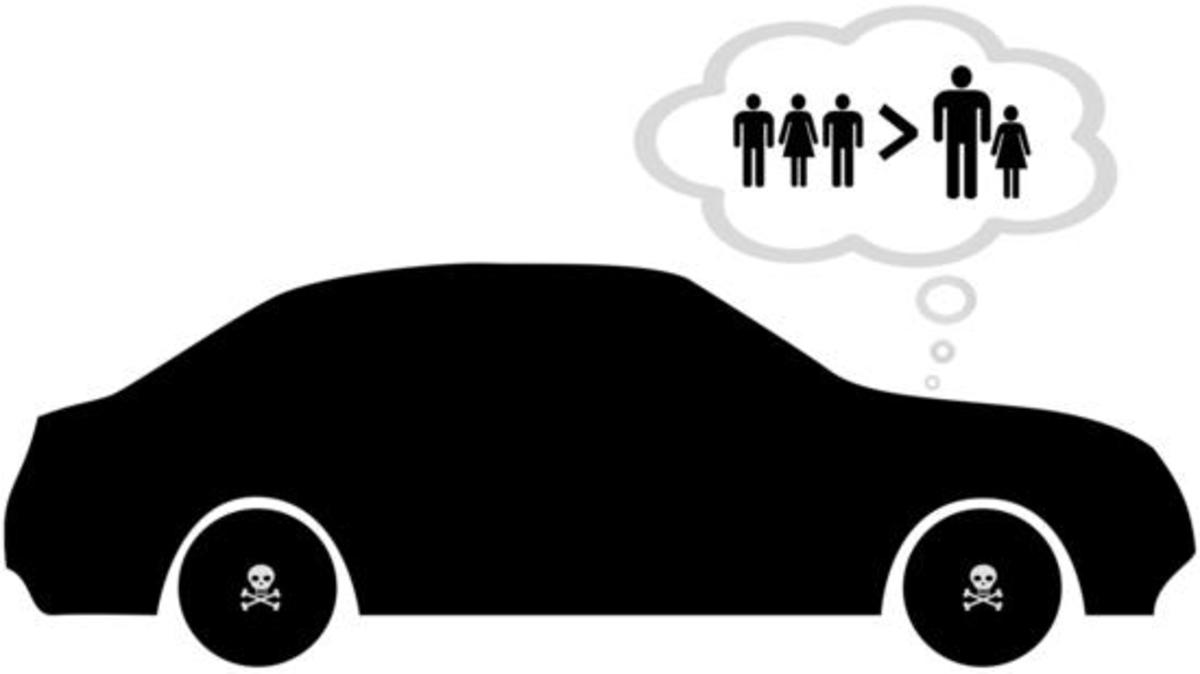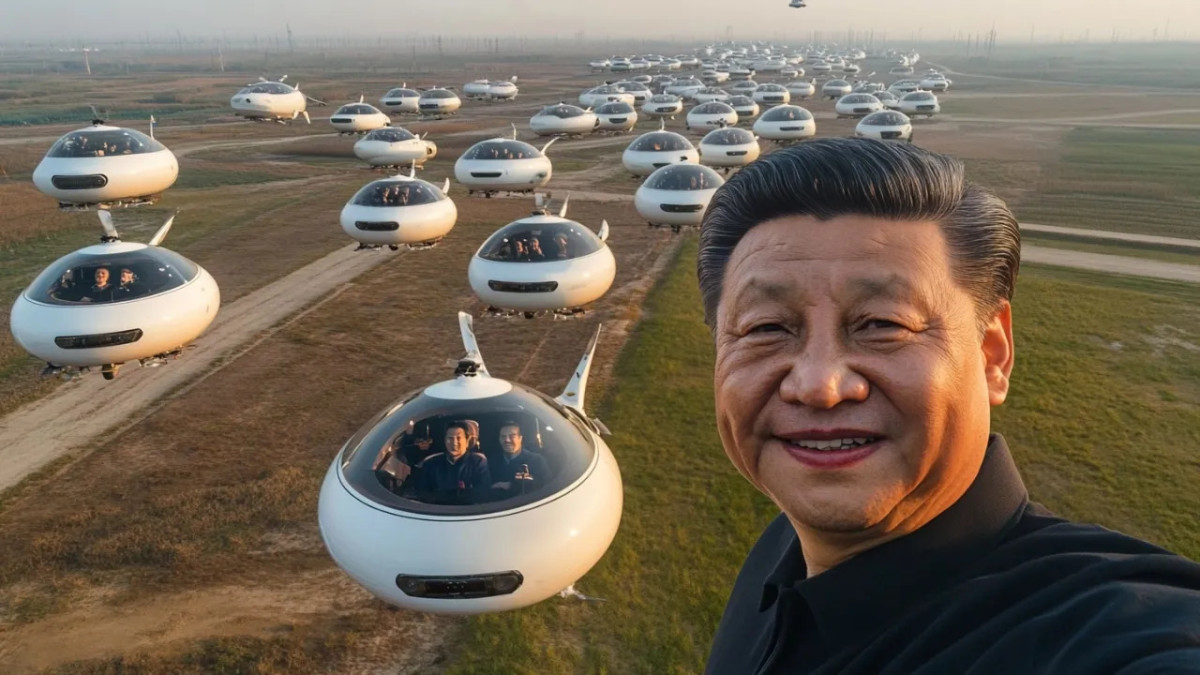Why are Self-Driving Cars or Autonomous Cars Amazing?
The Good
1. Significantly reduced injuries and deaths (for both passengers and pedestrians).
2. The joy of relaxing for the ride or the advantage of being productive while getting there.
3. Faster to get from Point A to Point B. Increased capacity of roads without widening them.
4. Increased mobility for the elderly and others who are unable to drive.
5. Reduced ownership of vehicles, as one family would only need one car (car could drive back home after dropping one person off) and some families would simply rely on autonomous taxi services.
6. Reduced pollution from cars, as most companies create self-driving cars that are simultaneously electric.
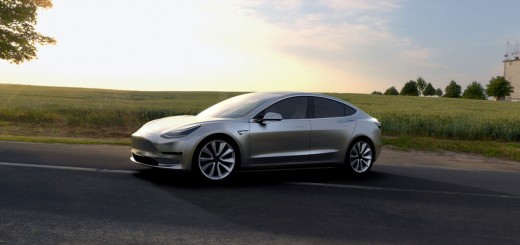
The Bad
1. Possible hacking of self-driving cars.
2. Possible ability for government, police or other authority to control private vehicles.
3. Widened ownership of autonomous cars might exacerbate urban sprawl as it would be a lot easier to live a two-hour commute from work.
The Ugly
How Will Self-Driving Cars Affect the Economy?
This question is ugly... it has many people on the edge of their seats. It's undeniable that self-driving cars will take jobs away from hundreds of thousands of people; but hey, you don't see telephone switch operators anymore and no one is lamenting the loss of those jobs. Let's take a look at where in the economy jobs will be lost, starting with the first jobs to be lost...
1. I need to preface the "lost jobs" with the fact that the autonomous vehicle industry has already created thousands of jobs. Who is programming these cars and engineering them? Humans, of course!
2. At first, jobs in the long-haul trucking industry will be lost. Then, jobs in the short-haul and city trucking industry will be lost. Government will first approve self-driving vehicles for the long-haul trucking industry; after all, would you want to be on the same roads as a sleepy truck driver? Once everyone gets used to that, government will allow the complete overtaking of the trucking industry by self-driving trucks.
There are approximately 3.5 million professional truck drivers in the USA.
3. At about the same time or soon afterwards, the taxi industry will be hit with waves of self-driving cars turned into taxis. Uber is the company leading that charge today.
There are about 233,000 taxi drivers or chauffeurs in the USA.
4. When self-driving cars become commonplace for the average person, most families will go from two-car households to one-car households. This huge cut in the number of cars being purchased is obviously going to affect the automotive industry in a big way.
About 9 million people worldwide are directly employed in the automotive industry.
5. After the initial stages of people still owning one self-driving car and self-driving taxis becoming commonplace... people will stop owning cars altogether. With a car that is owned and used by only one person, it sits idle most of the day. Even if the car is self-driving and is used by two busy parents and two active children, it will still be idle maybe 50% of the time. Why not just use on-demand self-driving taxi services? The practice of not owning a car at all will reduce automotive jobs even further.
6. A reduced ownership of expensive vehicles will also cut down on one source of revenue for banks and other financial institutions that make money off of auto loans.
7. Because self-driving cars are so safe and rarely every crash, you can imagine what that's going to do for the insurance industry, the automotive repair industry and other businesses that depend on misfortune to make money.

Why is a Self-Driving Car Better than a Human?
When speaking of self-driving cars, a lot of people have the gut reaction, "I don't trust no machine!" or "I want to be in control!"
I disagree with these opinions based on logic.
Firstly, you cannot argue that a human will be able to pilot a vehicle better than a machine. There are hundreds of reasons why, but let's list them out for fun:
1. Humans get tired, distracted and some of them just suck at driving in general. A self-driving car will never get tired, never get distracted and will always be improving in skill.
How does a self-driving vehicle constantly improve in skill? It has a hive-mind with all the other self-driving vehicles and anything one of them learns, they all learn. Witness Tesla's swarm intelligence.
2. Humans have two eyes and two ears and they are sitting inside the vehicle. That's pretty self-explanatory, but to extrapolate: a self-driving vehicle will have hundreds of sensors all over the vehicle on the outside. It will have radar, cameras, LIDAR, proximity sensors, etc. that can all see a lot further away than human eyes that are easily blocked by a little fog on the windshield.
3. Humans can control a car in limited ways: gas, brake, steering. A self-driving car can control itself in many, many more ways. Imagine a self-driving car that controls each of the four wheels individually? Imagine the car slipping on black ice and the autonomous car simultaneously applying braking on certain wheels while accelerating the others in order to avoid a spin-out? Imagine a human doing that? Not likely!
4. Humans cannot communicate with other humans in other cars. Self-driving cars can. Once all vehicles on the road are self-driving, we would be able to do away with stop lights, street lights (except those that are there for pedestrians), lane markings, etc. Self-driving cars would be able to communicate with each other and work together to create the fastest and safest traffic flow possible.
The last counter-argument I want to present is that of being in control. Humans love to be in control and most of them think that things are better off when they're in control. The smarter amongst us know that it is better to trust professionals... and nothing is more professional than an artificial intelligence who exists to do one task.
The Moral Debate
The moral debate that everyone is having around autonomous cars is: should the machine prioritize protecting its occupants, or should the safety of the public be an equal factor?
For example, if there was some rare but horrible circumstance where the car had to choose between injuring its own occupants or injuring those outside the car, what should it do?
I agree with them.
If you handed over your hard-earned money to obtain a vehicle, it should be at your service first and foremost. Part of the reason many people purchase certain vehicles is safety, right? Therefore, if you purchase a vehicle for the safety of your family, you'll want to know that your family inside the vehicle is priority number one.
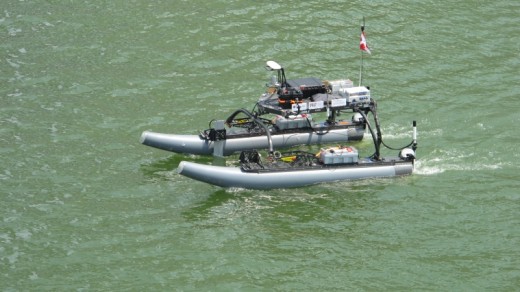
Don't Forget Self-Driving Buses, Boats, Aircraft, Etc.
Most of what we see in the news today about self-driving cars is just that: news about cars. I guess it's because most of us have a car or know someone who does. It's also something that most people are able to own and control, so it's a bit like consumer technology (e.g. cellphones and computers).
But don't forget the other awesome self-driving/autonomous vehicles that are in the works!
There are companies out there testing autonomous boats. Imagine ferries that could get you from one side of the river to the other, all without a driver? Or perhaps tugboats that helped cargo ships along... maybe swarms of tiny tugboats, rather than one big tugboat? What about cargo ships themselves? That would certainly solve the problem of the ships being taken over by Somalian pirates.
And we all know about autonomous big rigs. Yes, 18-Wheelers that drive themselves! It sounds kind of scary, but in fact, it would be a lot less scary than it is today. Think of the tiny driver sitting up at the front of this huge beast of a machine with his tiny eyes... can he even see what is going on around his rig? I think not. A self-driving truck would see a tiny mouse scurry under its wheels, I assure you that.
Lastly, autonomous aircraft? If you didn't know, commercial jets basically fly themselves already. Yes, they do! They can take off, fly and land all on their own. The human is there "just in case", although honestly, human pilot error is responsible for a lot of the air disasters we hear about on the news.
